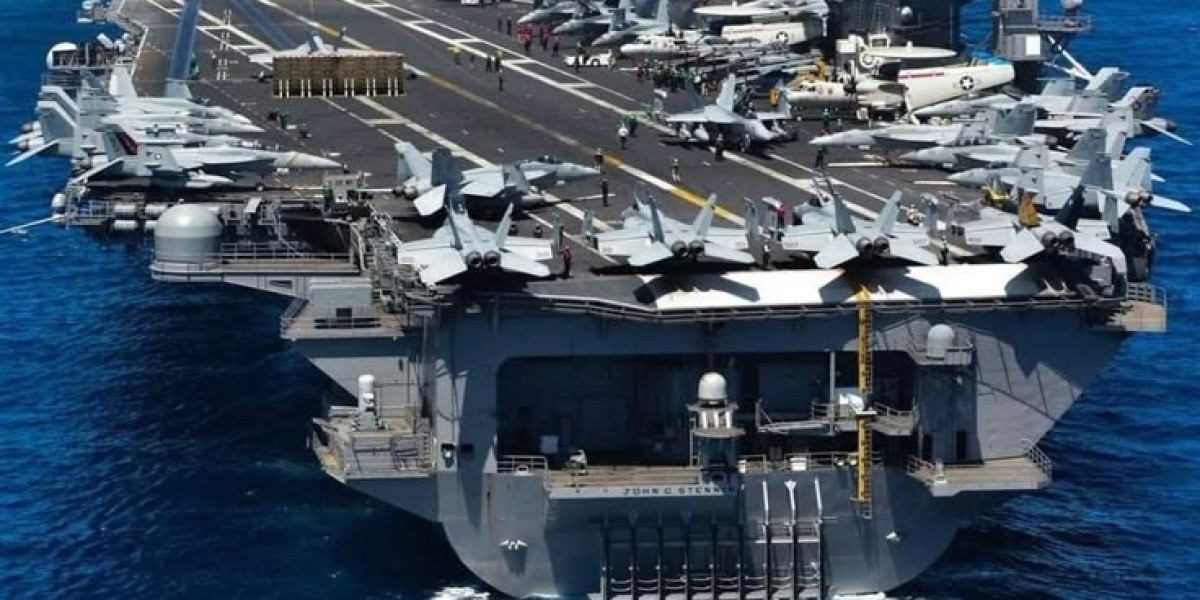As the global geopolitical landscape continues to evolve, the role of naval forces has never been more crucial. In 2025, the world's navies are not only focusing on traditional maritime defense but also pivoting toward advanced technological integration, climate change response, and cyber defense capabilities. For defense analysts, maritime enthusiasts, and policy makers, keeping an eye on the 10 Essential Navy Current Affairs for 2025 is vital. Here’s a comprehensive look at the most impactful developments shaping the seas this year — brought to you by TheVeza.
1. Green Navy Revolution
Environmental sustainability has entered the naval domain with full force. Major naval powers are investing in hybrid-electric and fully electric propulsion systems. The U.S. Navy, for instance, has begun trials of its new all-electric patrol vessels, while European fleets are retrofitting older ships for reduced emissions. This "Green Navy" shift is not just an environmental initiative but also a strategic move to reduce operational dependencies on fossil fuel supply lines.
2. Expansion of the Indo-Pacific Naval Presence
With increased tensions in the South China Sea and growing regional assertiveness, 2025 has seen the largest coordinated naval presence in the Indo-Pacific region. The QUAD nations—India, the U.S., Japan, and Australia—have intensified joint naval drills like Exercise Malabar, projecting unity and strengthening maritime deterrence.
3. Rise of Unmanned Naval Systems
Autonomous underwater vehicles (AUVs), unmanned surface vessels (USVs), and drone integration have become standard assets in naval arsenals. The Royal Navy’s "Project Proteus" and the U.S. Navy’s "Ghost Fleet Overlord" are testaments to the importance of unmanned systems for surveillance, mine-hunting, and logistical operations.
4. Cybersecurity in Naval Operations
With cyber threats increasingly targeting critical infrastructure, navies worldwide are now treating cyber defense with the same priority as missile defense. The Navy Cyber Defense Command (NCDC) has expanded its cyber fleet, focusing on real-time threat intelligence and AI-based intrusion prevention systems to safeguard both ships and shore-based infrastructure.
5. Strengthening NATO Maritime Strategy
2025 marks a renewed NATO focus on maritime collaboration. The Arctic, once a frozen boundary, is now a hotbed of competition due to melting ice opening new trade routes. NATO’s "Arctic Shield" naval exercises are part of a broader plan to ensure strategic presence and rapid response in northern waters.
6. Women Commanders Breaking Barriers
In a landmark development, multiple navies have appointed women to senior seagoing command roles. Captain Maria Ocampo of the Spanish Navy and Commodore Priya Singh of the Indian Navy have become global symbols of gender inclusion in defense, reflecting a powerful shift toward equality in naval leadership.
7. Focus on Maritime Domain Awareness (MDA)
Maritime Domain Awareness has emerged as a critical priority in 2025. Navies are leveraging satellite constellations, underwater sensors, and regional partnerships to monitor illegal fishing, smuggling, and piracy. The Indian Ocean Region (IOR) Information Fusion Centre has expanded its collaborations with African and Southeast Asian nations.
8. Submarine Modernization Programs
Submarines remain central to deterrence strategies. This year, France launched the Barracuda-class nuclear attack submarine, while India successfully commissioned its third Scorpène-class submarine. These advanced platforms feature air-independent propulsion and stealth technologies that challenge conventional detection methods.
9. Revival of Naval Diplomacy
Naval diplomacy is once again taking center stage. Humanitarian missions, port calls, and bilateral training exercises are being used to build alliances and project soft power. The U.S. Navy’s hospital ship USNS Mercy has been pivotal in disaster relief across Southeast Asia, reinforcing strategic partnerships.
10. Smart Ship Technology and AI Integration
Smart ships equipped with Artificial Intelligence (AI), predictive maintenance systems, and advanced battle management software are revolutionizing naval combat readiness. The AI-led "Poseidon Command Interface" trialed by the British Navy allows real-time decision-making support, improving mission success rates significantly.
Conclusion:
The Navy Current Affairs of 2025 reveal a force in transition—one that is modernizing, diversifying, and adapting to a rapidly changing world. From sustainable fleets to AI-driven defense systems and enhanced global cooperation, naval forces are not just defenders of waters—they are pioneers of the future battlefield. As TheVeza continues to monitor these groundbreaking developments, one thing is clear: the tides of naval warfare are shifting—those who adapt fastest will rule the waves.






